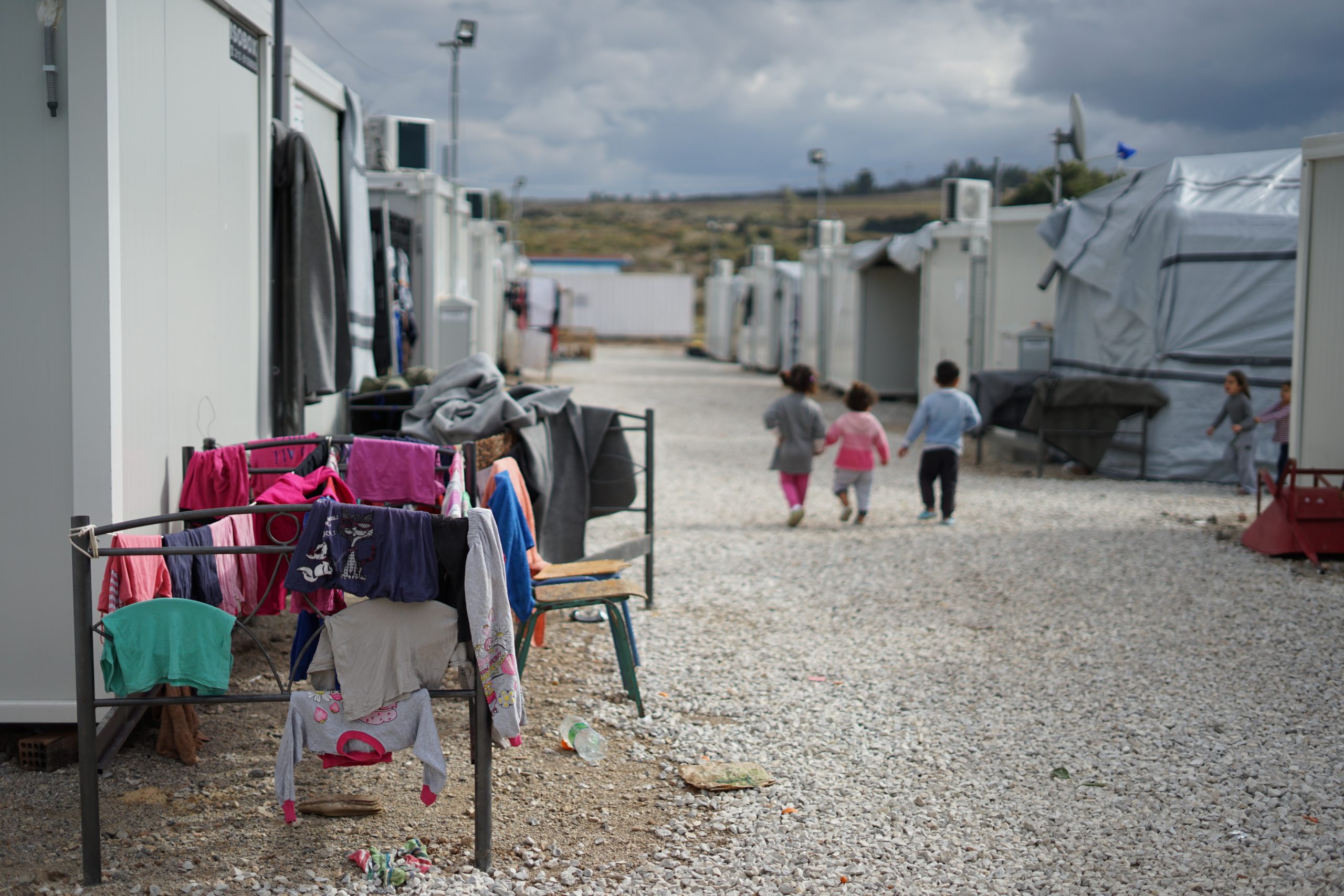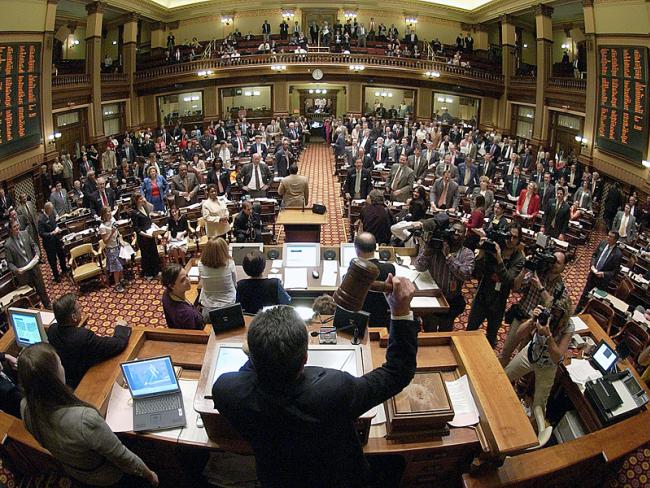By Anna Both
While the Taliban’s return to power is concerning due to its terrorist affiliations, its resurgence could incite another security threat as well: conflict in Pakistan. At the end of August 2021, there were an estimated 2.5 million total Afghan refugees in Pakistan, but they have not been welcomed warmly. Pakistan charges the refugees with causing the country’s economic problems because refugee camps are located on high value urban land. Moreover, refugees run businesses that create competition for Pakistani businesses.
Not only does Pakistan blame Afghan refugees for its economic problems, but it also charges them with creating security issues. Afzal Ali Shigri, a former Commandant of the Frontier Constabulary, claimed that Afghan refugees caused an influx in terrorism and cultural differences, and a 2011 Pakistani government report claimed that 90% of terrorist activities could be traced to Afghan refugees. Despite researchers finding no evidence linking Afghan refugees to increases in terrorism or crime, the government continues to foster anti-Afghan sentiments because it can use the refugees as a scapegoat, diverting the people’s attention from the dearth of helpful government policies by casting blame on the refugees.
A 2016 Gallop poll found that 90% of Pakistanis supported restricting Afghan immigration to support counterterrorism efforts. This poll demonstrates that government misinformation has successfully influenced Pakistanis’ perceptions of Afghans by making Afghan refugees the target of Pakistanis’ economic and security grievances.
Meanwhile, Afghan refugees also have grievances against Pakistan. They cannot work in the formal economy legally, have no access to education, and, in some cases, lack access to healthcare. Furthermore, Afghan refugees complain about police harassment, forced evictions, and extortion at the hands of Pakistanis.
While grievances alone are not a sure predictor of outbreaks of violence, the presence of such economic and security grievances do provide motivation for it. Furthermore, the fact that distinctions have been drawn on ethnic lines may make it easier for an angry or power-seeking actor to mobilize either group against the other. Currently, the UN is encouraging Afghanistan’s neighbors to keep their borders open to refugees since the Taliban’s resurgence has led more than 500,000 Afghans to flee their homeland since January 2021. However, Pakistani officials have stated that the country cannot support any more refugees, so any Afghans that do come will have to stay in camps at the border until they can return to Afghanistan. The tensions that have been brewing between Pakistanis and Afghan refugees will be exacerbated by whatever migrants do make it across the border, especially if the situation leads to the creation of more refugee camps on high value land. Pakistanis, frustrated with poor conditions that they blame on Afghan refugees, may be pushed over the edge by international pressure to let in even more of the very people that they believe will further intensify the country’s economic and security problems.


